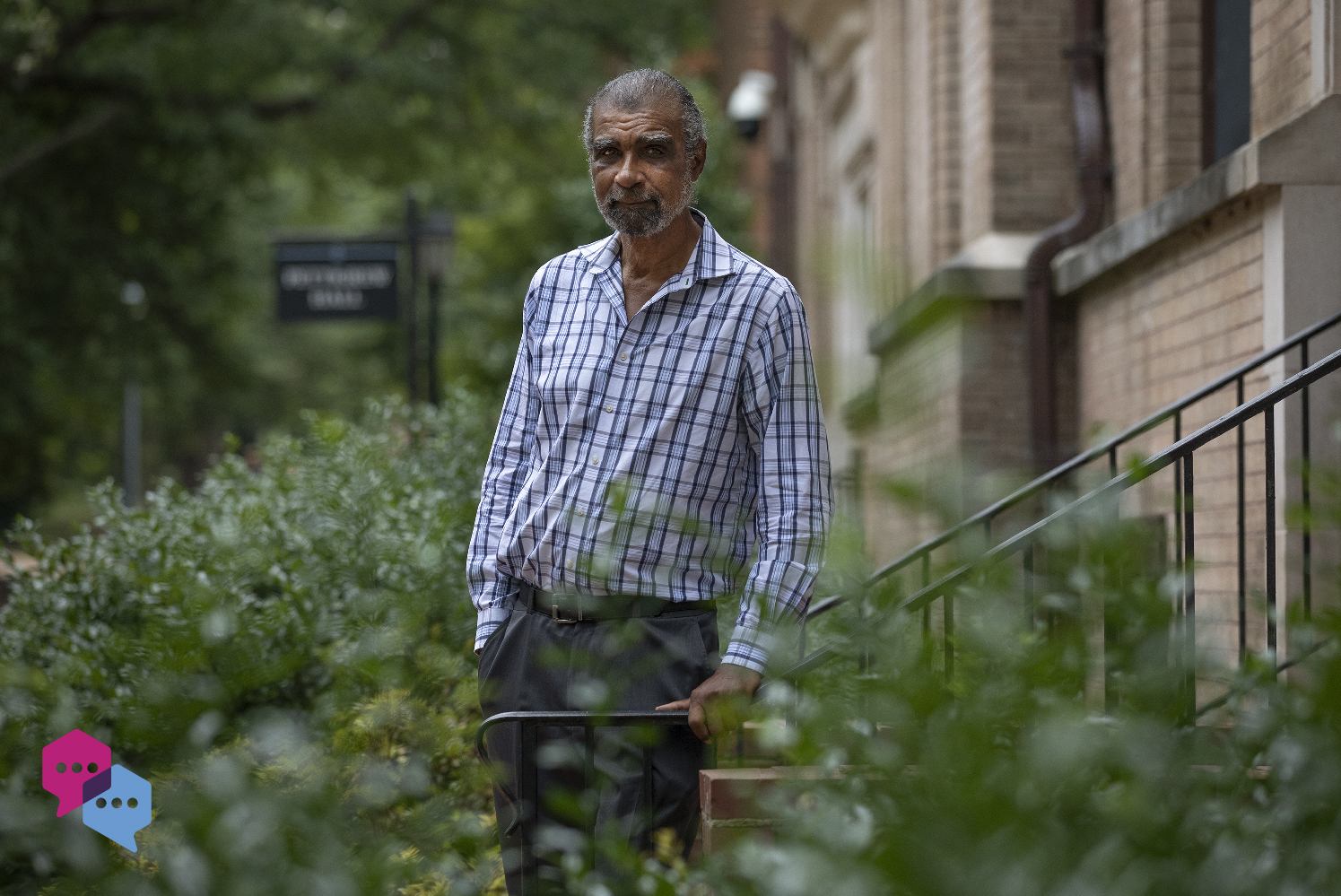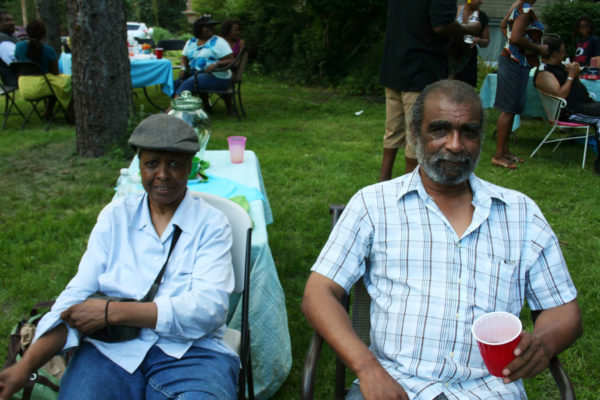Q: When you were a child, what was your response to this question: “What do you want to be when you grow up?”
A: I got a chemistry set for Christmas when I was 9 or 10. I don’t remember if I asked for it — or if my parents took the lead to channel my general interest in science — but from that day forward, my answer to the question of what I was going to be was “chemist.” That vision held through high school and two years of college courses in chemistry, physics, calculus, and German.
Q: Share the pivotal moment in your life that helped you choose your field of study.
A: My undergraduate years (1965-69) were overshadowed by social revolution, and by the end of my sophomore year, I found myself unable to align my studies in science with my evolving sense of social consciousness. The murder of Martin Luther King, Jr. in the late spring of my junior year was a traumatic disruption for nearly the whole social cohort of which I am part — and I was no exception.
Almost inadvertently, I was swept into the stream of discourse committed to a vision of social and racial equity that would interdict the awful premise of that instant of racial terror. On one quite visceral level I was aware of that calling. But from my station in academia, it took a while to find a path through the thicket of graduate training to a platform where the intellectual project of African American inclusion could be realized.
Q: Tell us about a time you encountered a tricky problem. How did you handle it and what did you learn from it?
A: My career as an academic has been premised on solving the fundamental problem of legitimizing and situating the emergent field of African American and diaspora studies as an integral component in the institution of American higher education. For example, I chaired the committee that articulated the National Council for Black Studies’ first rationale for a core curriculum. My colleagues and I have been compelled to clarify the substance and validate the integrity of our studies against the inertia of established practice. “Speaking truth to power” in such instances, I found that holding my ground or speaking out assertively produced better results than acceding to social or institutional pressures. The lesson learned from this and other life challenges is that bravery comes from courage in the face of fear.
Q: Describe your research in 5 words.
A: “Music is from us all.”
Q: What are your passions outside of research?
A: Similar passions, involving music — mostly but not entirely from the African American popular music tradition — inform both my current research focus and my life outside of work. Nonetheless, I find it important to engage in activities separate from my profession so I can have space in which to live my life. I have played piano (not all that well) most of my life, and I recently began a regime of self-taught electronic drum playing as a hobby to practice in my free time. Aside from family and friends, my strongest sense of direct engagement with that life comes from consumption and sometimes performance of music through these instruments.



